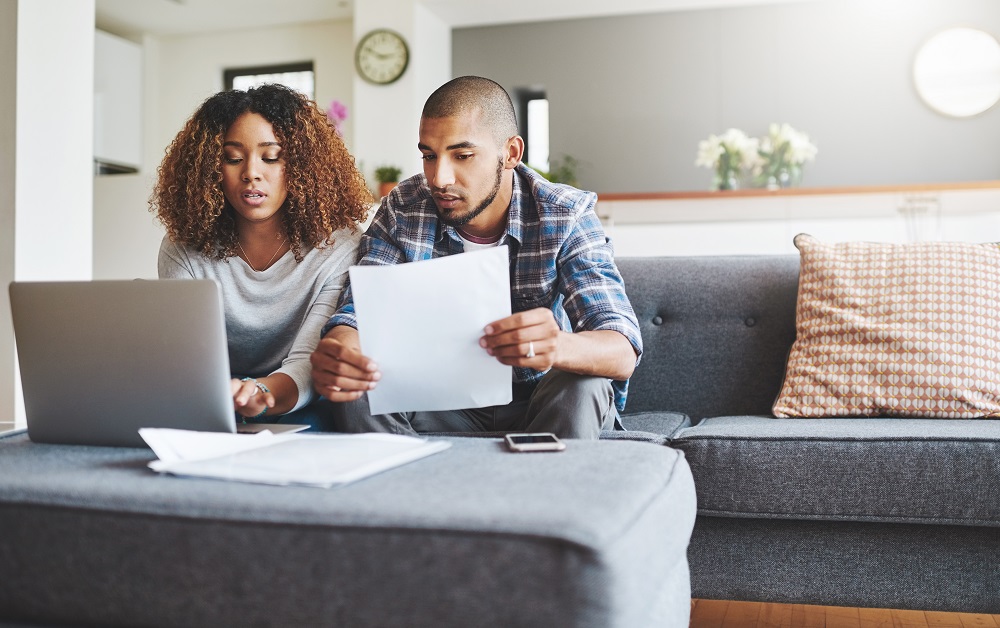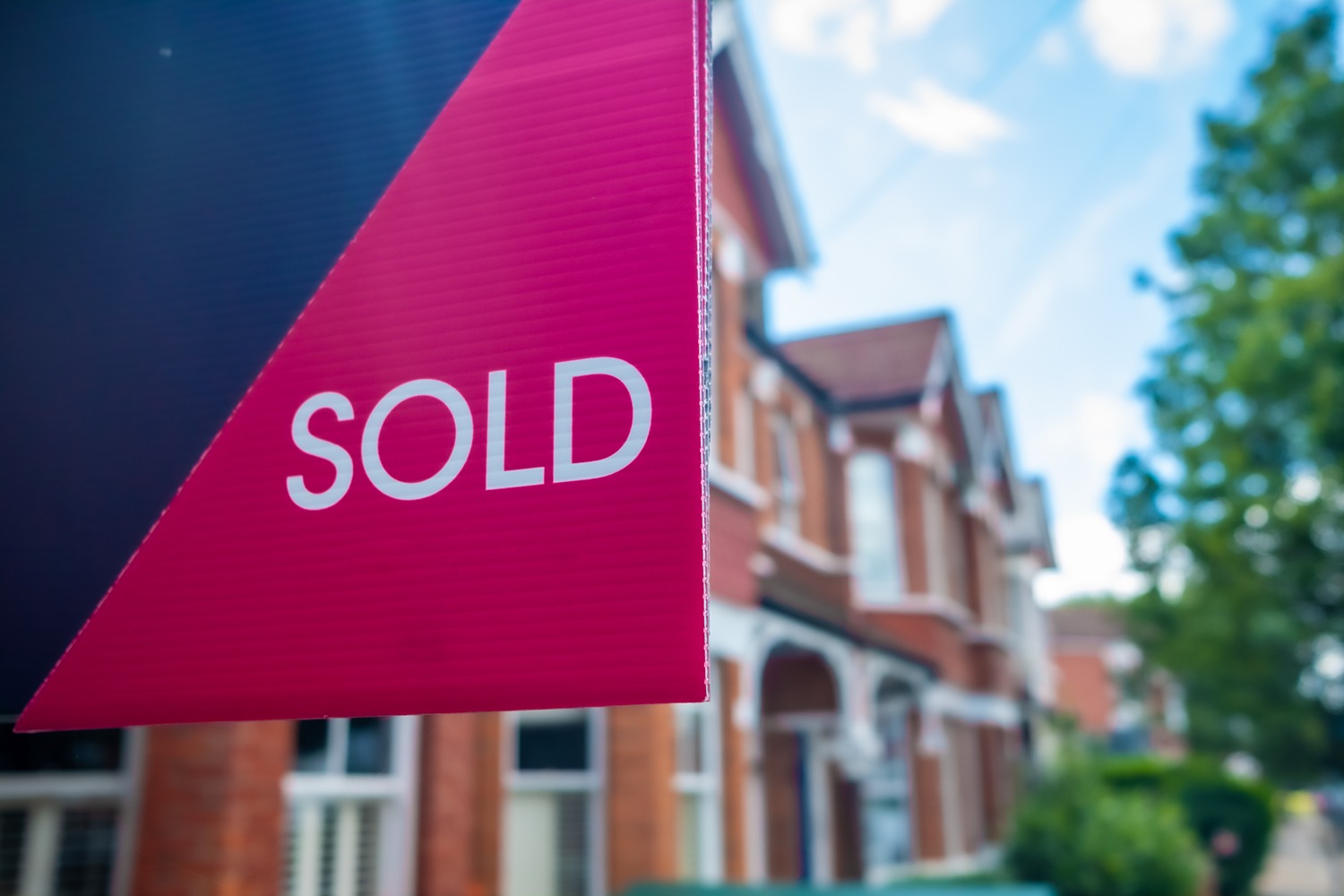10 expert tips for getting a mortgage
Most people will need a mortgage to purchase a home. Whether you’re a first time buyer going through the mortgage process or you need some mortgage tips, our comprehensive guide covers everything you need to know about how to get a mortgage.
1. Find independent mortgage advice
2. Check your credit score


3. Boost your credit score
- Get a credit card and use it regularly for small purchases, ensuring you pay off the full balance each month to demonstrate responsible borrowing.
- Take out a mobile phone contract where you pay a regular monthly bill. This will help build credit by demonstrating your ability to pay reliably each month.
- Consider putting utility bills in your name to build additional credit.
4. Manage your payments and spending
5. Register to vote
Lenders prefer applicants with stable lifestyles, including full-time employment and a fixed address of at least 12 months. Being registered on the electoral roll offers an easy and reliable way for lenders to verify your identity. Electoral registration is free, and it can be completed online in just a few minutes.
6. Get your paperwork organised
- Three months of bank statements.
- Recent payslips, P60 forms and tax returns if you’re self-employed.
- Self-employed applicants also need SA302 forms from HRMC, 2 to 3 years of business accounts, and an accountant’s letter confirming income stability.

7. Save for a deposit
8. Reduce your debt


9. Know what you can borrow
10. Explore high-interest savings accounts
There’s a lot to take in when starting out on your mortgage journey. Our independent partners, L&C Mortgages, offer fee free advice to help find the right mortgage for you.
Mortgage FAQs
-
A mortgage in principle is a lender’s estimate of how much they might let you borrow before you apply for a mortgage.
-
The amount you can borrow for a mortgage depends on several factors, including your income, credit score, deposit and the value of the property you want to buy.
-
A mortgage typically requires a suitable deposit, proof of income, a good credit score and details of any debts. Lenders use this information to decide if you qualify and how much they can lend you.
-
Several factors can affect your ability to get a mortgage, including your credit history, income, employment status, deposit, debt levels and the value and type of property you want to buy.
-
When applying for a mortgage, you’ll typically need to provide the following documents:
- Proof of ID - a passport or driving license.
- Proof of address – a bank statement or utility bill.
- Evidence of your income – payslips or accounts if you’re self-employed.
Read our guide for more information on the documents you need to get a mortgage. -
Things that may stop you from getting a mortgage include a low credit score, too much debt, irregular income, or not having a big enough deposit.However, numerous lenders can help people with different financial circumstances, so it’s always advisable to speak to a mortgage broker to find out what you can afford.
-
Yes, mortgage lenders review your spending habits to assess whether you manage money responsibly. They look at regular expenses, debts and any risky spending to decide if you can afford the loan.Explore our brand-new homes across the UK, with fantastic offers to help you move.Call or visit our Sales Advisers today to start your homebuying journey.
Help to Sell
If you’re looking to start your next adventure, but are worried about the hassle of moving, we have a range of schemes available to help you sell your existing home.
Part Exchange
We could be your guaranteed buyer, so no stress or fuss, just an easy move for you and your family.
Low Deposit Offers
If you have a low deposit, we have a variety of schemes available to help make moving more affordable.
First Homes Scheme
First Homes is a brand-new Government-backed scheme designed to help more first time buyers onto the property ladder.
Mortgage service provided by London & Country Mortgages Ltd, Beazer House, Lower Bristol Road, Bath, BA2 3BA. Their FCA number is 143002. Think carefully before securing other debts against your home. Your home or property may be repossessed if you do not keep up repayments on your mortgage.
What is Stamp Duty?

The recently announced Stamp Duty changes from the Government mean you could save thousands when you move to an energy-efficient, brand-new home.
The Home Buying Guide

Buying a house can be an intimidating process, no matter how experienced. Find out the house buying process with our step by step guide here.

